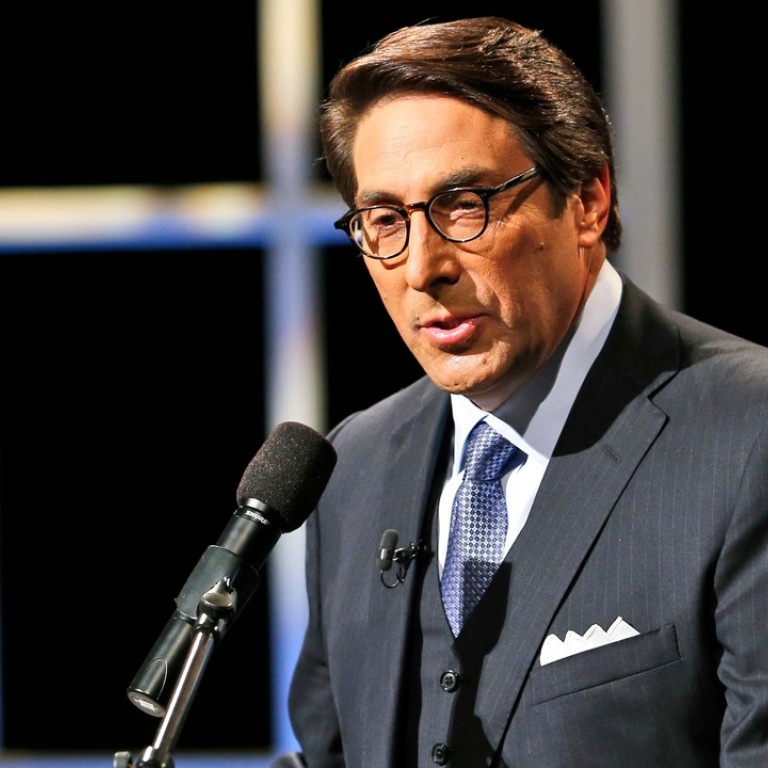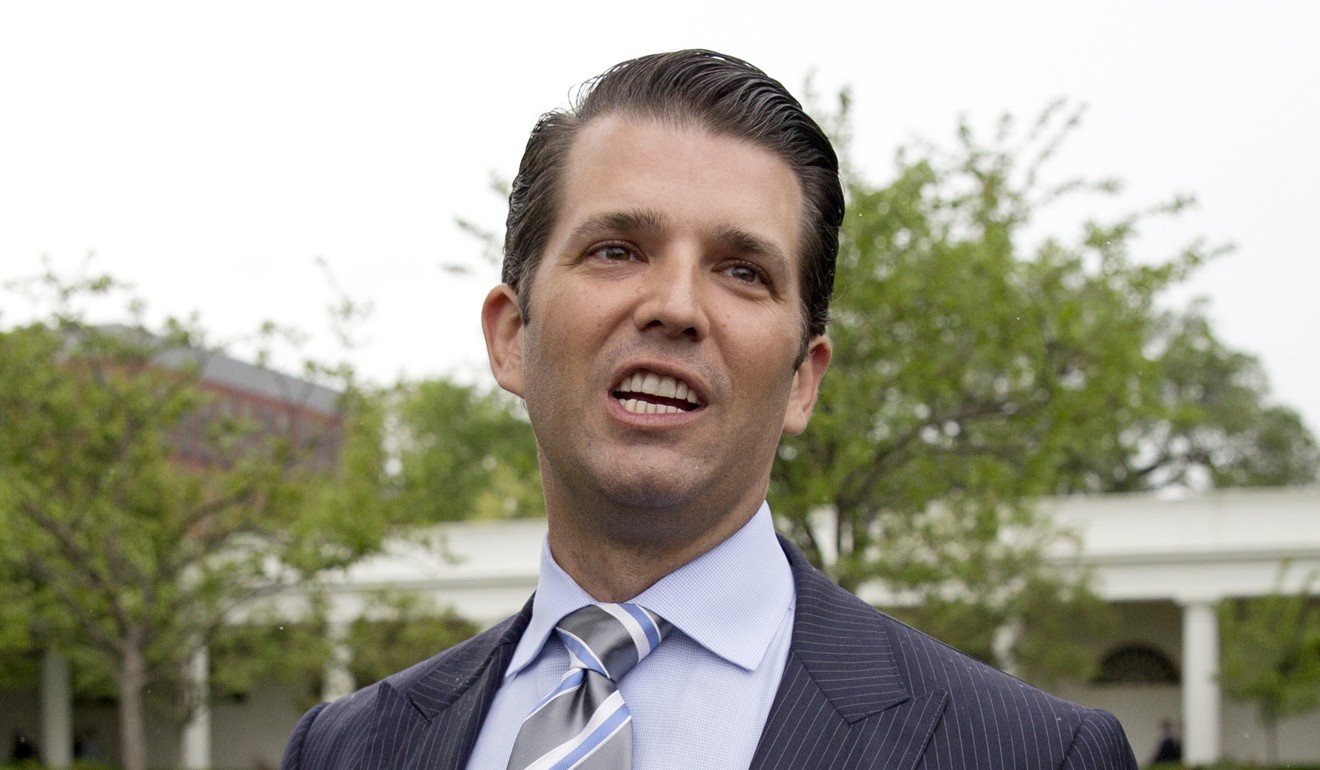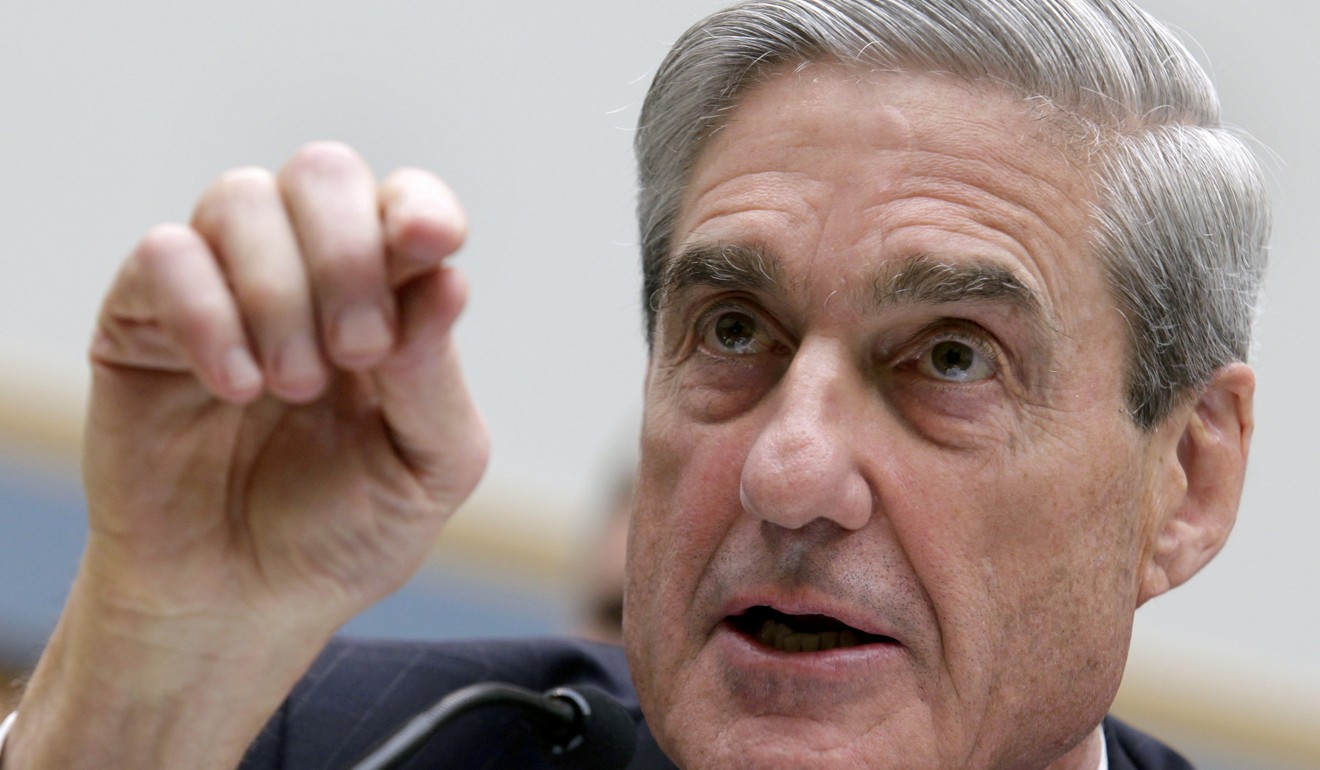
Trump admits that getting dirt on Clinton was focus of meeting with Russians
The US president had previously said the meeting was about the adoption of Russian children by Americans
US President Donald Trump acknowledged on Sunday that his son met with Russians in 2016 at Trump Tower to get information on his election opponent Hillary Clinton, saying it was “totally legal” and “done all the time in politics”.
The Republican president had previously said the meeting was about the adoption of Russian children by Americans.
Trump’s morning Twitter post was his most direct statement on the purpose of the meeting, though his son and others have said it was to gather damaging information on the Democratic candidate.

Trump also denied reports in the Washington Post and CNN that he was concerned his eldest son, Donald Trump Jr., could be in legal trouble because of the meeting with the Russians, including a lawyer with Kremlin ties.
He repeated that he had not known about the meeting in advance.
In addition, If Trump is subpoenaed by a special counsel investigating contacts between the 2016 Trump election campaign and Russia, his lawyers will attempt to quash it in court, one of Trump’s lawyers said on Sunday.
Any legal battle over whether the president can be forced to testify could go all the way to the US Supreme Court, the lawyer, Jay Sekulow, said on ABC’s This Week show.
Sekulow also said that Trump has not decided whether he would voluntarily sit for an interview with US Special Counsel Robert Mueller, who was appointed to investigate Russian interference in the 2016 US election and any possible coordination between the Trump campaign and Moscow officials.
Russia has denied allegations by US intelligence agencies that it meddled and Trump denies collusion, describing the Mueller investigation as a political witch hunt.
Mueller would have the option to issue a subpoena forcing the president to testify if Trump chose not to be interviewed.
Sekulow said that the president had the authority under Article II of the US Constitution to stop any investigation conducted by the Department of Justice. The article enumerates the powers of the executive branch of the federal government.
One part of Mueller’s inquiry and congressional investigations has focused on a meeting months before the November election in Trump Tower in New York between Russian officials, Donald Trump Jr., the president’s eldest son, and other campaign aides.
While originally Trump, a Republican, said the meeting was about adoptions, on Sunday he said on Twitter that it was about getting information on Clinton.
The Russian government denied Americans the right to adopt Russian children as part of its response to a set of US sanctions imposed by Congress in 2012.
Email released by Donald Jr. himself showed he had been keen on the meeting because his father’s campaign was purportedly being offered potentially damaging information on Clinton.

Trump and his son have both said then-candidate Trump had no advance knowledge of the meeting and that the meeting itself was not useful to the campaign.
CNN reported last month that Michael Cohen, the president’s long-time personal lawyer and self-described “fixer” was willing to tell Mueller that Trump did know about the meeting in advance.

